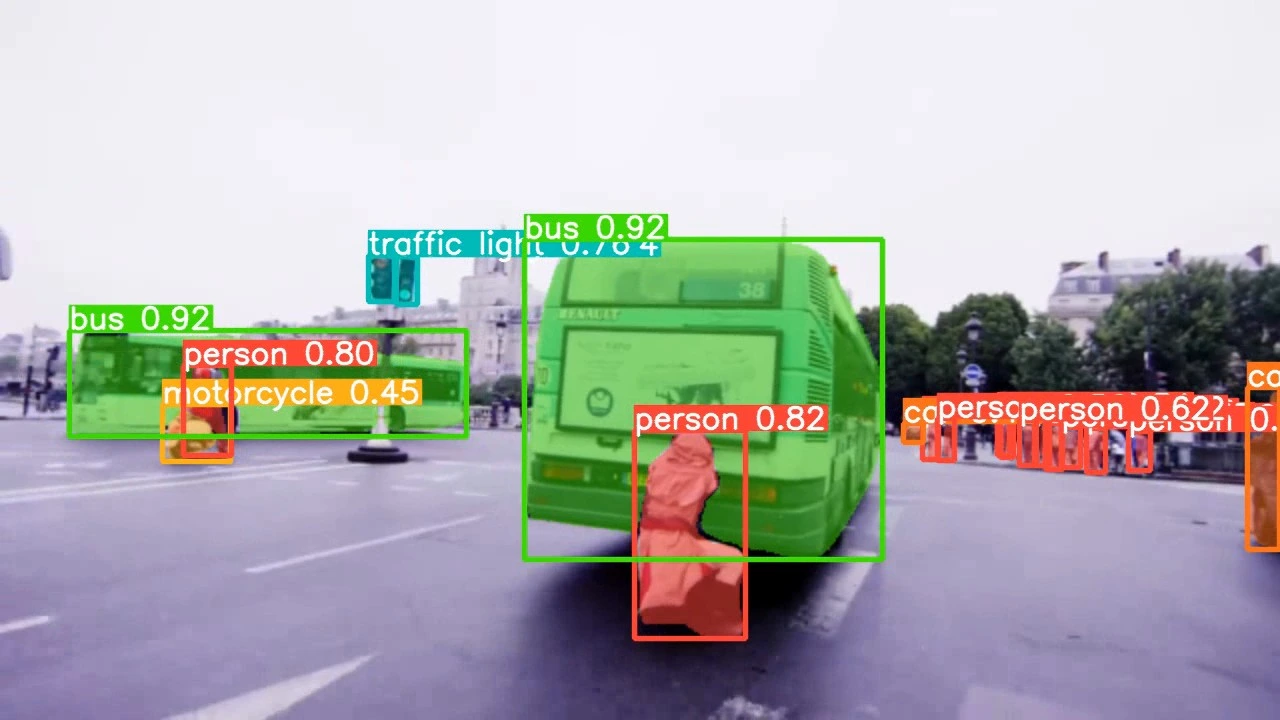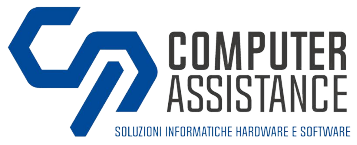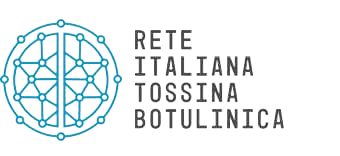Create one Versatile business platform, which is easily connected and integrated with existing and third-party systems, or create alight application that ties together the workflow, making the work of your employees increasingly simple and organized.
Whether it is one or the other, or rather both choices, successful companies today have now understood how important it is to adopt technological solutions of this kind to remain competitive on the market.
The Enterprise Web Solutions, or enterprise web solutions, are the answer.
In fact, these are fundamental tools that allow companies to manage efficiently their operations, improve productivity, optimize business processes and deliver an exceptional user experience.
In this article, therefore, we will try to better understand what Enterprise Web Solutions are, how they are developed, what they can do, what the different types exist in terms of purpose and design, and what are the enormous advantages they offer to companies.
What is an Enterprise Web Solution?
When we talk about Enterprise Web Solution we are referring to an application or software system specifically developed to meet the needs of companies.
These solutions are designed to support and automate complex business processes, providing specific functionality for companies that also, but not exclusively, operate through the Internet.
They typically provide a ccombination of tools and applications which allow companies to manage aspects such as internal and external communication, sales and performance monitoring, resource management, customer support, project management and many other activities related to business management.
But be careful. We are not referring to simple enterprise software solutions.
Their main characteristic, in fact, is that they are solutions based on web technologies and I'm accessible through browsers Internet.
Using web architecture, companies can deploy these solutions quickly and efficiently to a wide range of users, without the need to install specific software on their machines.
Furthermore, access via the web also allows collaboration and theinteraction among users in different geographic locations.
Web business solutions, therefore, allow companies to exploit the potential of the Internet to improve operational efficiency, increase productivity and offer a better service to customers.
I am designed to adapt to the specific needs of a company and they can be personalized to meet the unique requirements of different industries, such as retail, logistics, healthcare, banking and many others.
The main goal of these solutions, ultimately, is to provide a integrated and scalable platform that supports company activities and allows effective management of resources.
How Enterprise Web Solutions are implemented
Implementing Enterprise Web Solutions requires detailed planning, careful design, and a solid understanding of your business needs.
For this reason it is preliminary, and fundamental, to start from a phase of in-depth analysis of business needs, through the identification of problems and the identification of areas for improvement.
The next step, for industry professionals, is to develop a detailed design of the Enterprise Web Solution, taking into account the functional requirements and the need to create intuitive user interfaces.
At this point we get to the heart of things. It's time for development. In this phase, developers create the software system using appropriate technologies and programming languages. The required features are implemented and special attention is paid to security and performance.
After development, the created Enterprise Web Solution is subjected to rigorous testing to identify any bugs or functionality issues. The quality control (QA) ensures that the software is reliable and meets expectations.
Once the development and testing phases are passed, the Enterprise Web Solution comes implemented in the corporate environment and possibly integrated with other existing systems.
But the work of professionals does not stop here.
After implementation, in fact, it is necessary to provide a ongoing support to ensure the correct functioning of the system.
This way, any updates or improvements are made to meet the new needs of the company.
Types of Enterprise Web Solutions
Enterprise Web Solutions are not all the same.
These solutions, in fact, can be differentiated and therefore classified based on their functionality and purposes.
When we talk about software, once again, the concept of limits can always be broken down, so defining a list of fixed typologies would not be correct.
However, we can classify these applications under some categories among the most commonly used:
Enterprise Resource Planning (ERP)
ERP solutions are an integrated business management system that allows companies to plan, monitor and control all business activities in a single solution.
An ERP system integrate and automate a wide range of business processes, including those related to human resources management, accounting and finance, inventory management, manufacturing, sales and marketing, customer relationship management (CRM) and much more.
The main objective of an ERP system is to improve the operational efficiency and effectiveness of a company through the standardization of processes and access to real-time data and information.
An ERP system, in fact, provides a single source of integrated data, which can be shared by all departments of the company, thus eliminating data duplication and improving internal collaboration.
Customer Relationship Management (CRM)
Customer Relationship Management is a strategic approach and set of practices aimed at managing relationships with customers and improving interactions with them.
It is both a concept and a computer system used by companies to manage customer-related activities, such as sales, marketing, customer service and after-sales support.
CRM systems are designed to organize, automate and synchronize customer interactions by collecting and storing detailed information about customers, including their preferences, contact details, purchase history and previous interactions.
This information allows companies to obtain a complete view of customers and to offer a personalized and targeted service.
The main objectives of CRM include: customer acquisition; relationship management; improving client service;: analysis and reporting.
Supply Chain Management (SCM)
There supply chain management it is a strategic approach that involves the management of activities and processes related to the flow of goods, services and information along the entire supply chain, from the supplier to the final consumer.
The goal of SCM is to optimize operational efficiency, product or service quality, customer satisfaction and the overall value generated by the supply chain.
This involves raw material management, production planning and control, inventory management, logistics, distribution, collaboration with suppliers and other related activities.
SCM involves several actors within the supply chain, including suppliers, manufacturers, distributors, intermediaries, retailers and customers.
Effective supply chain management requires close collaboration and coordination between these actors to ensure the smooth flow of materials, information and money along the chain.
The adoption of information technologies, such as supply chain management systems (SCM software), therefore, can help facilitate the management and integration of activities within the supply chain.
These systems enable traceability, process automation, real-time information sharing and optimization of operations.
Project Management
Project Management is a discipline that deals with planning, organizing, coordinating and controlling the activities necessary to achieve the objectives of a project within the established limits of time, cost, quality and resources.
Project management software, also known as Project Management Software or PM Software, are IT tools that help facilitate the planning, execution and monitoring of projects.
These software offers a wide range of features for support project managers and team members in effective project management.
Using project management software can greatly simplify the management of complex projects, improve communication and collaboration, optimize resource utilization, and allow for greater transparency and control over project status.
Business Intelligence (BI)
Business Intelligence (BI) is a set of methodologies, processes, tools and technologies used to analyze company data and provide meaningful and useful information to support the making of strategic and operational business decisions.
The goal of BI is to transform raw data into meaningful information, providing clear, in-depth insight into business performance, market patterns, customer trends and other business-critical information.
Business Intelligence software, or BI software, are IT tools designed to collect, analyze and visualize company data in an effective and intuitive way.
These software offer a great variety of features for data extraction, transformation, analysis and presentation of results in understandable formats such as tables, graphs,
Their use, therefore, can allow companies to obtain a clearer and more in-depth view of their activities, improve data-based decision making, identify growth opportunities, optimize business performance and gain a competitive advantage in the market.
Advantages of Enterprise Web Solutions for companies
Enterprise Web Solutions are essential tools for modern businesses that want to be competitive on the market.
And we say this with full knowledge of the facts.
The adoption of Enterprise Web Solutions, in fact, offers numerous operational advantages to companies which, in many cases, can be configured as indispensable competitive advantages.
For this reason, investing in Enterprise Web Solutions can contribute substantially and clearly to a company's ability to thrive in this ever-evolving digital age.
Analyzing these IT solutions, in the previous lines of this article, we have inevitably already talked about what the advantages they provide to companies could be, but we want shortly summarize them below.
Improved operational efficiency:
Enterprise web solutions automate manual processes, reducing human errors and speeding up business activities, thus enabling more efficient use of resources.
Best customer experience:
Through the use of CRM solutions, companies can offer personalized customer service, improving customer satisfaction and loyalty.
Data-driven decisions:
BI solutions provide real-time information and detailed analytical reports that help companies make informed, data-driven strategic decisions.
Better collaboration and communication:
Enterprise Web Solutions facilitate collaboration between employees by enabling the rapid sharing of information, files and resources.
Reduction of operating costs:
Process automation reduces reliance on manual tasks, leading to increased productivity and reduction in overall operational costs.
For your digital transition, rely on the right partner
The implementation of digital tools within your company represents the first step towards a true digital transformation.
Enterprise Web Solutions, in this context, represent operational tools which, we assure you, once implemented you will no longer be able to do without it.
There is only one thing left to do, adapt to the future.
Doing so is simple, but not child's play. You need the right partner.
In Noitech we have the perfect team to support you in the realization of your project and to guide you through choosing the best solutions for your company.
We follow you step by step, from the definition of your needs and your target, through to building your software and ensuring support and assistance continuous over the years.
Contact us even just to clarify further doubts.





















